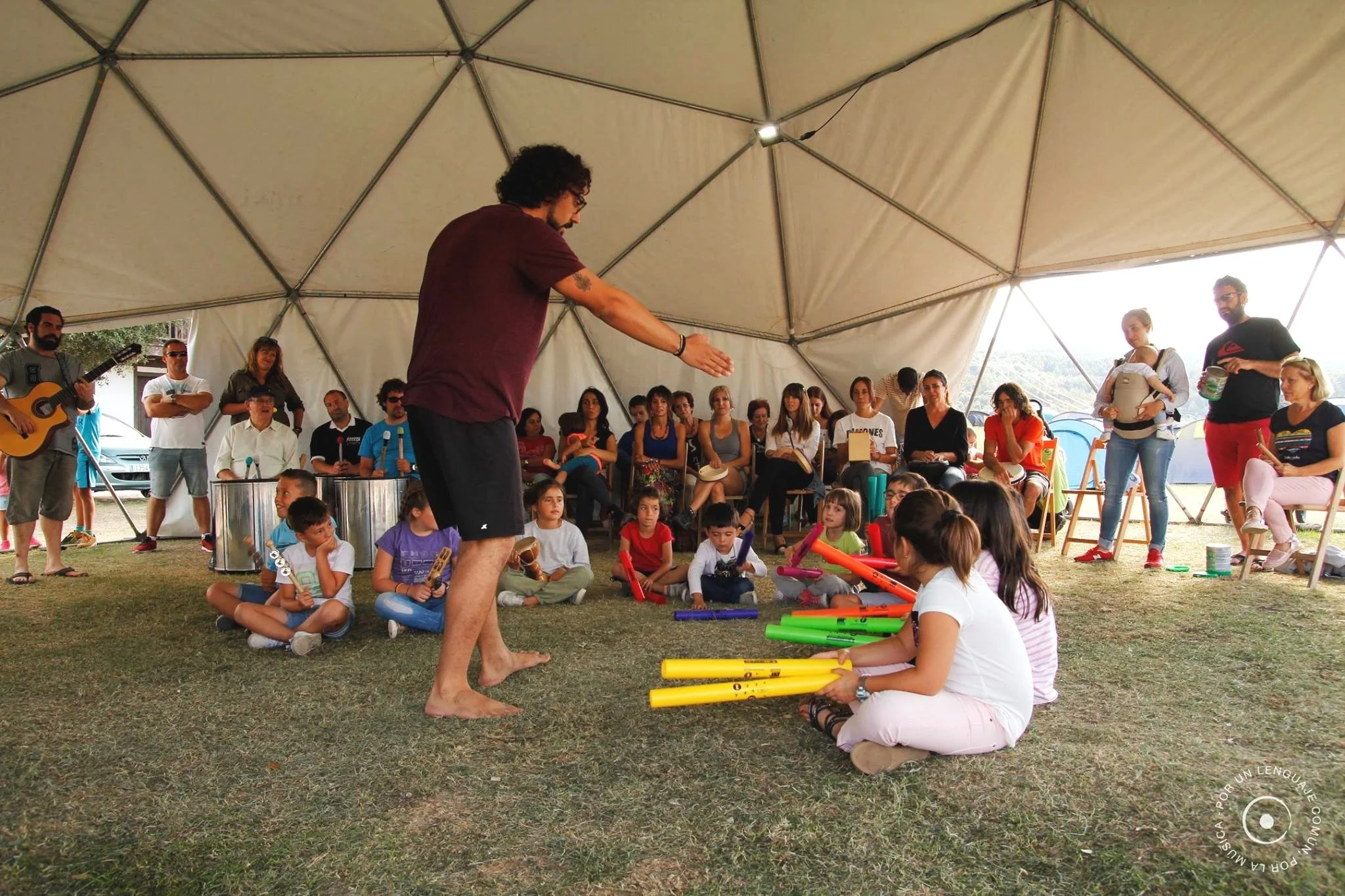
Music therapy helps people find improved health through music experiences and the relationships that develop through them.
Therapy
Music therapy sessions may include a wide range of music experiences including live singing and instrument playing, music improvisation, music listening, songwriting, music-assisted relaxation and/or music technology projects. All of these music experiences will be planned and adapted according to the client’s needs and preferences.

Assessment
Music therapy begins with an assessment period, during which we will experiment with different musical styles and ways of experiencing music. This allows us to work together in determining the client’s music preferences and therapeutic needs so that we can determine goals for our therapy sessions. The music therapy process looks very different from person to person. The specific music experiences included in each session will be determined based on the client’s needs and interests in general, as well as the circumstances on a given day. In any case, most of the time in music therapy sessions will be spent engaging in music. As music therapy progresses, there will be many opportunities to evaluate the process and change the experiences provided according to the client’s changing needs or concerns. Please talk with the therapist about any questions or concerns you have about the music therapy process.
Music Therapy sessions are provided by Alvaro Saura Moreno, NZ Registered Music Therapist nº136 with experience in a wide range of settings, populations and conditions.
Experience
The client’s music therapy experience will be designed with his/her health and healing as the principal aim. For that reason alone, the client will never be intentionally harmed or distressed; however, the process of therapy may include moments of increased personal awareness, insights, or general growth that bring forth difficult emotions such as sadness, anger or frustration. Music therapy does not put participants at physical risk other than those encountered in daily life, nor does it involve specific side effects such as those commonly found in medications.
Research has provided evidence to support the idea that music therapy can improve the lives of individuals in both large and small ways. Because each individual is unique, however, specific outcomes cannot be promised.
Outcome
Music therapy clients do report common outcomes such as improved mood, relaxation, strengthened sense of identity, improved social and communication skills, sense of accomplishment, and sense of “being heard.”
A client in music therapy has a number of rights, as does the responsible party caring for the client. These rights will be honored during your time with Music Therapy Nelson. These include the right to safety, dignity, treatment, self-determination, respect, participation in treatment decisions, and viewing the client’s therapy record. You have the right to end music therapy at any time.
Music Therapy Nelson
We assist and take referrals from Nelson/Tasman area.
Please send us an email musictherapynelson@gmail.com and our team will contact you.


